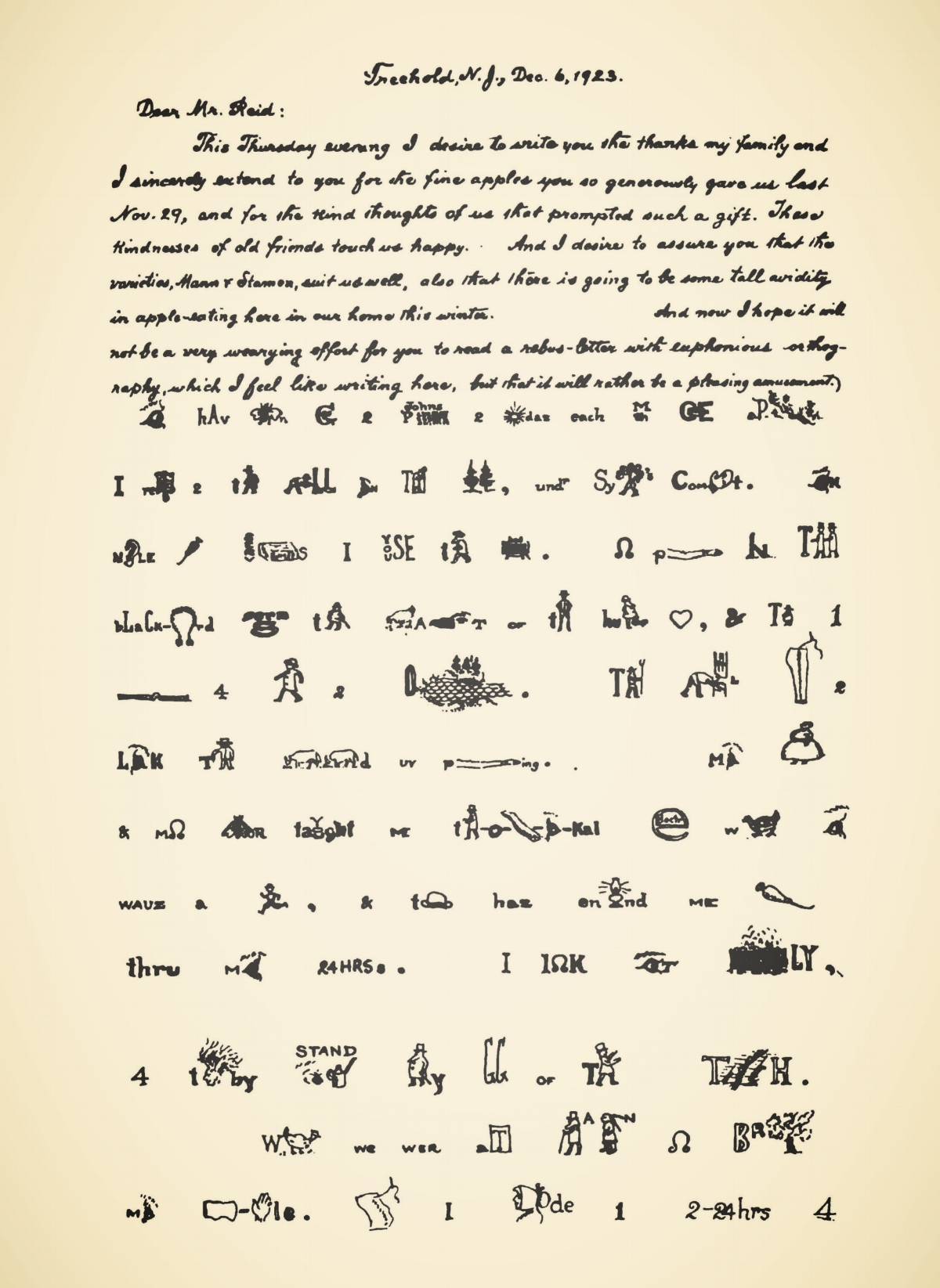The following description of the work of the ministry by Joseph Buck Stratton, Sr. (found in his book Memorial of a Quarter-Century’s Pastorate), is known intimately by every faithful pastor, and should be read by every man preparing to become a pastor. For the ministry is no place for a man who desires to be lazy, as we see even in the example of the apostle Paul: “I worked harder than any of them” (I Corinthians 15:10). The rest of that verse reminds us, however, that the minister must be absolutely dependent upon God’s strength, and so ministry done in one’s own strength, or for one’s own glory, is in vain: “…though it was not I, but the grace of God that is with me.” Stratton’s words depict plainly the nature of the minister’s labors, and make us cry out, “Who is sufficient for these things?” (II Corinthians 2:16). May the Lord give us strength day by day to do His will for the good of His people.
The claims of the pulpit must ever present themselves to the young minister as most formidable in their dimensions. And they ought to do so. For an ambassador of Christ to treat his message with levity is sadly out of harmony with his demand that his hearers should hear it as though "God did beseech" them by him. These claims necessarily involve an application of mind, in the way of research and reflection, of the severest kind. And then they are incessant and inexorable in their exactions. As soon as one effort is concluded, another must be prepared for. "The inevitable hour" when the congregation must have its lecture or discourse, and must have it whether the preacher be in frame or out of frame, is always impending over him. Entertaining the views which I held of obligation on this subject, and haunted always, perhaps criminally, certainly painfully, with a feeling of self-distrust, the work of preparing for the pulpit, with me, has been an arduous one. I have been accustomed, as you are aware, in my Sabbath preaching, to make a large use of the pen. Sometimes in my earlier ministry I felt constrained to depend upon this altogether. The draft upon a clergyman's time, created by this practice, I am coming more and more to think, should be avoided by such training as may qualify him to preach without the labor of literal composition. Pursuing the plan which I have adopted, and which it is not easy now to depart from, I have written out completely at least six hundred discourses of different kinds during the twenty-five years of my pastorate in this place.
A minister, again, at a central point like this, will find his duties as a presbyter extending beyond the circle of his own charge. And as one result of this he will have a large amount of correspondence thrown upon his hands. I have found that one day in each week, and often two, were required for this species of work.
Then the maintaining of an intercourse with the individuals and families of his flock, is a part of his duty which allows a pastor no rest. Although he may know that his rule here, as in all things, is " to study to show himself approved unto God," he knows, too, that his people expect him to show himself approved unto them. He may know, as is the case in a charge as extensive as this, that it is impossible to satisfy the wishes of his people without sacrificing every other department of his work; but the reflection that he is not satisfying them will be in his mind like a goad, driving him forward, and yet always tormenting him with the consciousness of falling behind the required measure of performance.
Then the casual services which are demanded of him in connection with the wants, the troubles, and the afflictions of the community in which he ministers — services which are indefinitely various, which may spring upon him at the most inopportune moment, and which are sometimes inconsiderately imposed — constitute a tax upon time, upon thought, and often upon feeling, of the most exhaustive nature.
Then the teacher who is constantly teaching, must seek to be constantly taught. He must keep himself informed, that he may inform others. He needs the opportunity and the freedom of mind required for study; not merely such as shall furnish him for an exercise, but such as shall make him generally intelligent.
And then, lastly, he has the same infirmities, the same inaptitudes and indispositions, clogging his movements, which other men feel, and under which they usually indulge themselves with a cessation from labor; and he has the same kind and the same measure of household responsibilities claiming his attention and burdening his mind, which other men, encompassed with domestic ties, have.



